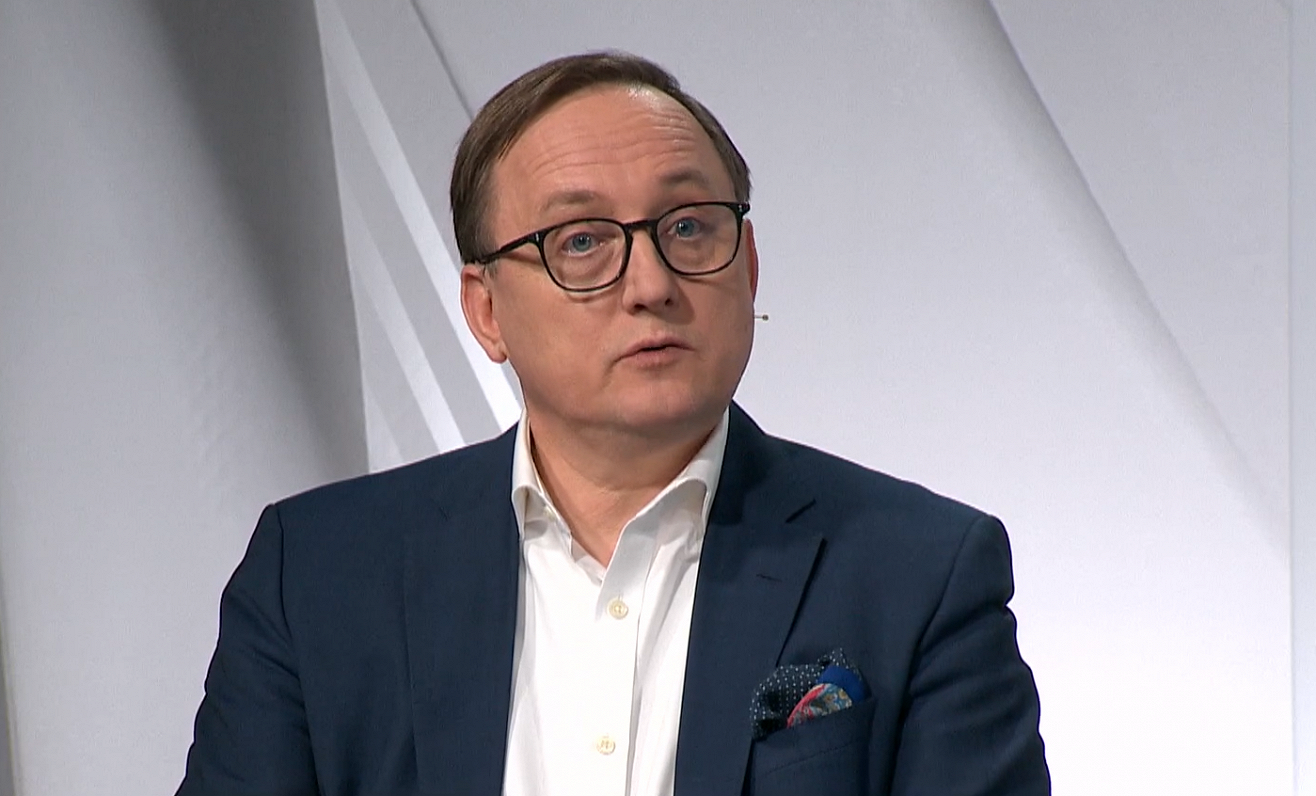Kazāks estimated that raising interest rates was still needed because inflation was still very high and needed to be slowed down. “To prevent inflation from becoming a basic thing that is very painful for the economy and for the population, the rise in interest rates is necessary,” Kazāks said.
He acknowledged that as interest rates grow, the burden for borrowers is increasing, but it is a relatively small part of society. In Latvia, the amount of credit against the economy has decreased significantly over the last ten years, Kazāks said.
"It should be known here that inflation is a far greater evil than the rise of interest rates. Consequently, inflation suppression is very important,” the head of the Bank of Latvia said.
At the same time, Kazāks drew attention to the other causes of inflation in Latvia.
"Part of the inflation [drivers] at the moment is greed. At first glance, the impact was absolutely clear. This was due to the war in Ukraine: rising energy prices, geopolitical uncertainty, including the problem of supply chains. (...) Speaking about Latvia, the war launched by Russia in Ukraine is no longer the main driver for inflation at the moment," the economist said.
"It has now moved on to other aspects. One of the things – some entrepreneurs raise prices, most likely because all prices are climbing, then why wouldn't they rise them? Not just traders, also producers. If we look at profit margins, [..] we don't see them significantly reduced in Latvia or in Europe."
At this point inflation can take root, which must not be allowed, he reiterated.





























